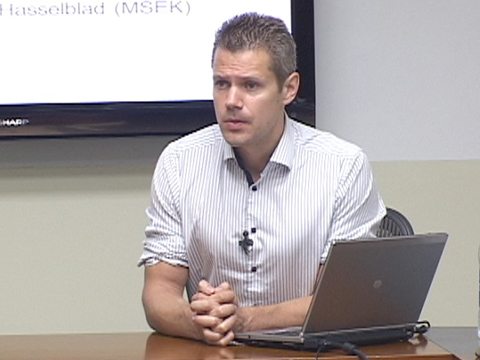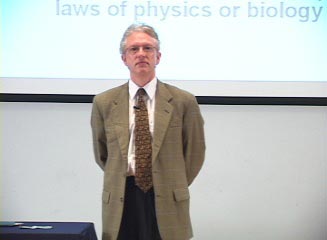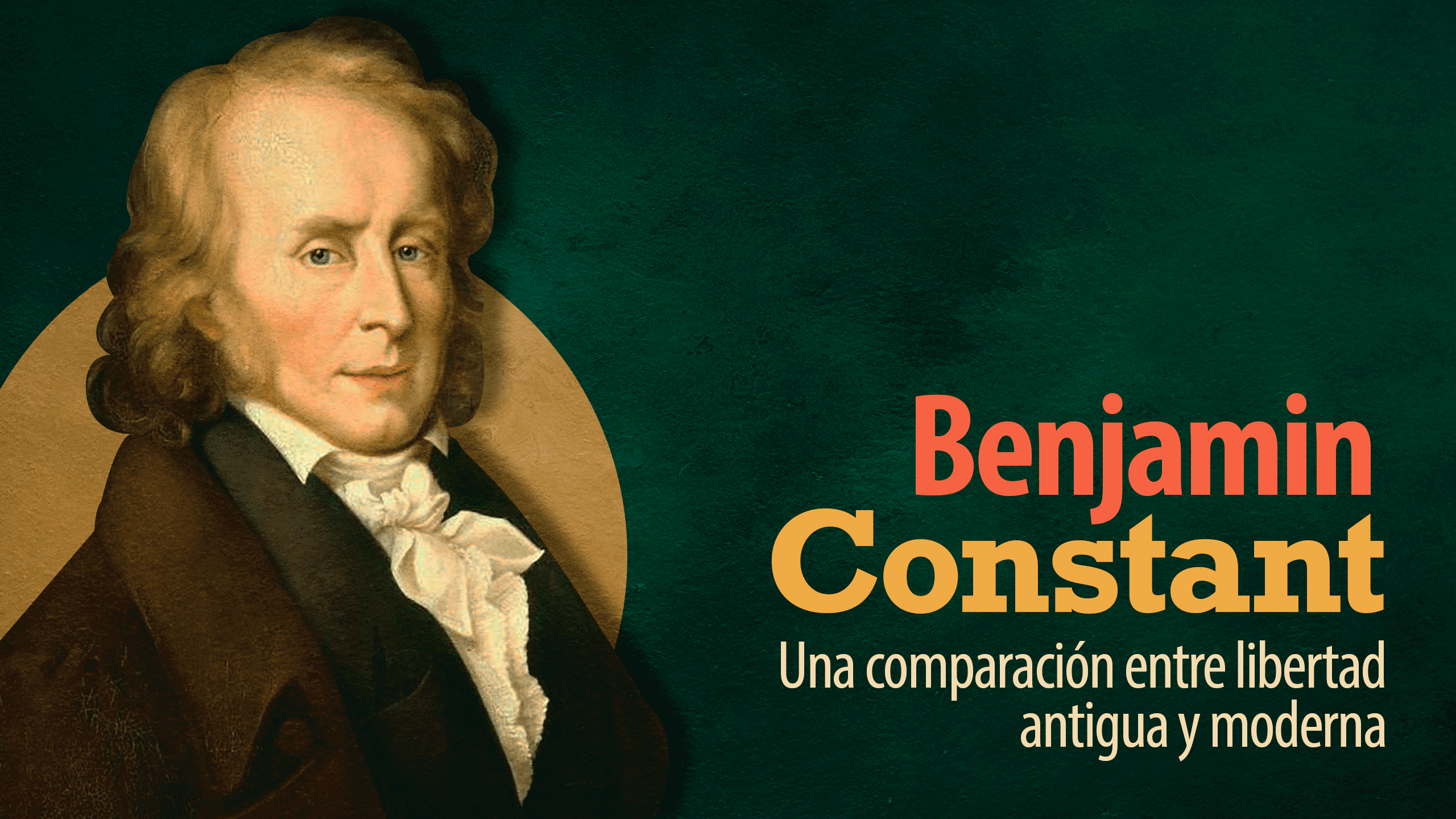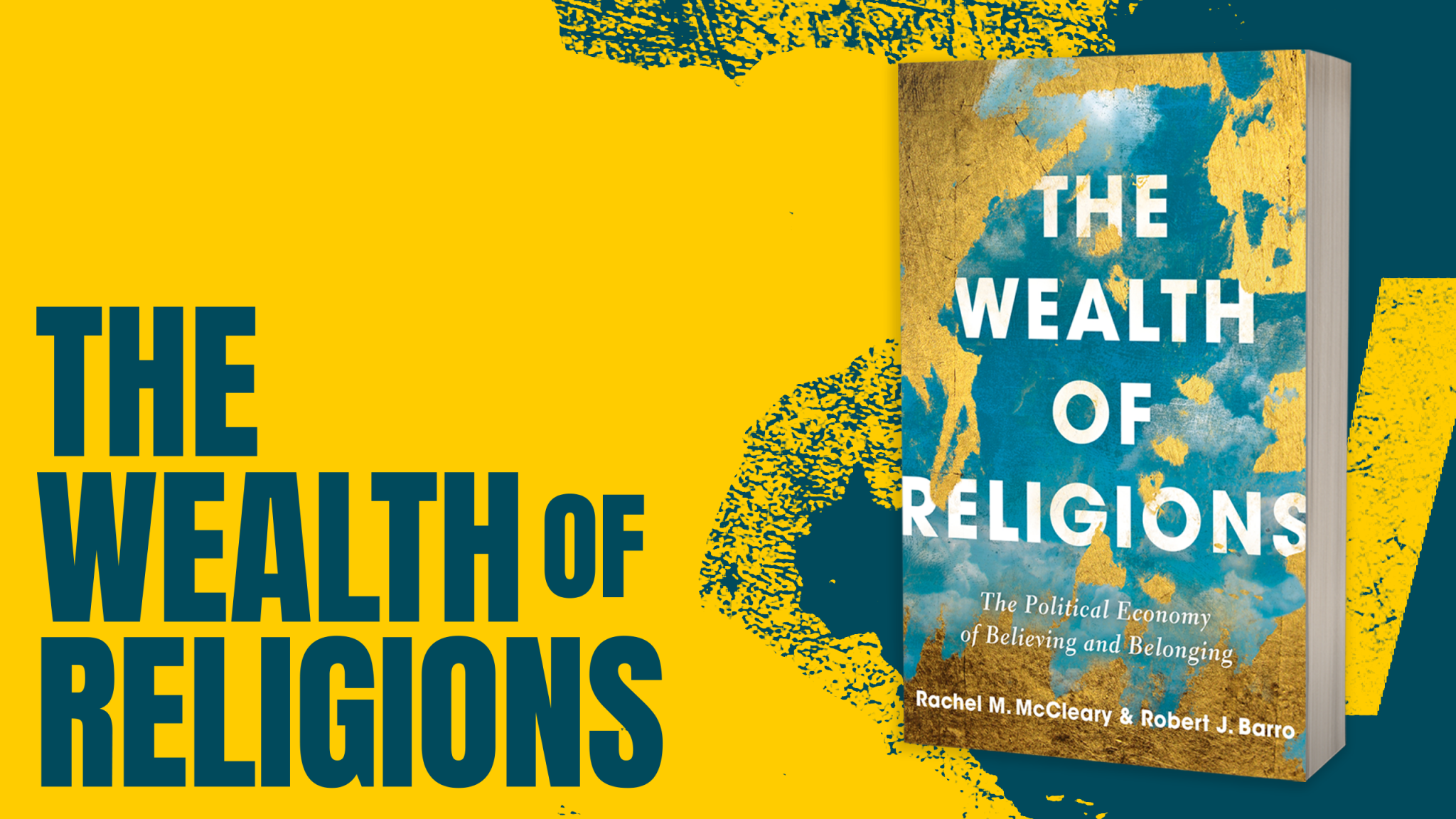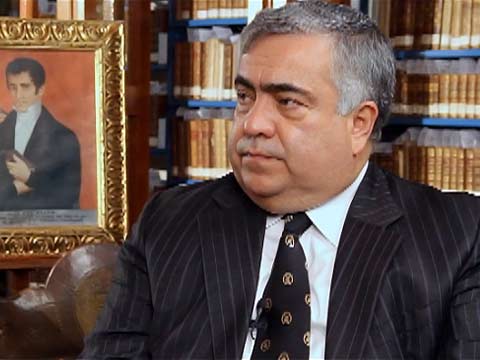About this videoThe United States has had a remarkable political tradition since the beginning of the colonization process through the establishment of the Confederation by the Founding Fathers in the nineteenth century. In this conference, Ralph D. Anske develops the story of Andrew Jackson, the president that changed the way politics were made antebellum in the United States. He explains how Jacksons character forged policies that marked the American society politically, economically and socially. During his presidency, he managed to stand up not only on behalf of the wealthiest people in the country, but also for those who didnt have any representation in past governments. Finally, Anske develops a summary about the course, in which he revises and explains the main topics that were discussed. He elaborates on the overall lessons the course has left the students regarding American tradition and the legacy it left in todays politics. |
|
CreditsThe Founding Fathers: Colonial and Early National America (Day 6)
| |






